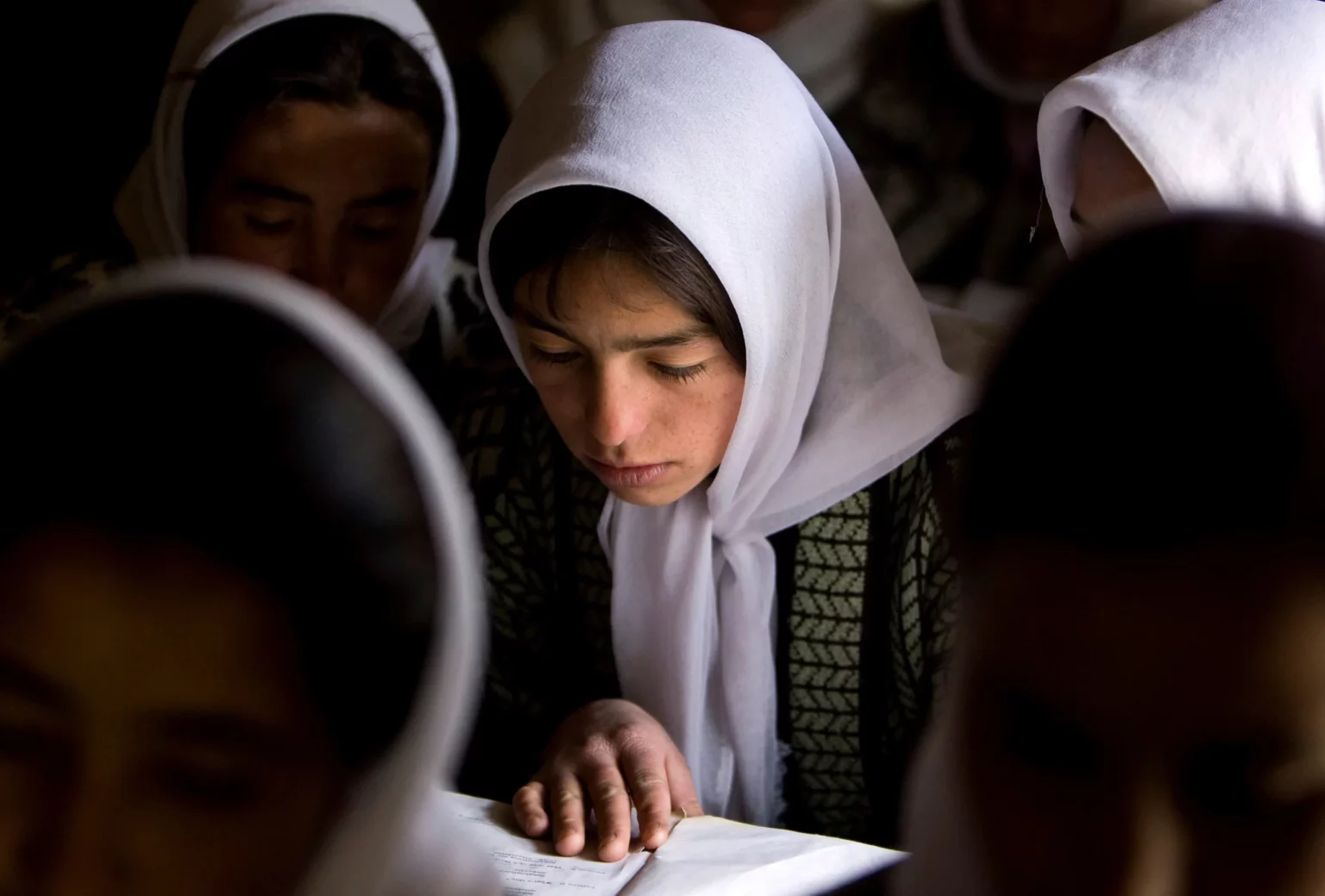Afghanistan is the only country in the world that bans girls from going to secondary school, according to a recent statement from Human Rights Watch (HRW). The organization also warned that without educated girls and women, the country is facing a dark future. The United Nations Assistant Mission in Afghanistan (UNAMA) has also emphasized the importance of education as a human right and a crucial element for social development.
The issue of girls’ education in Afghanistan has gained renewed attention recently, following a statement by Sheikh Abdul Sami Ghaznawi, an instructor from Central Jihadi Madrassa in Kabul. In a video, Ghaznawi claimed that there is no conflict regarding girls’ education, stating that “Hadiths” have indicated that “modern knowledge is obligatory.” He added that if anyone wants to deny this, they should first refer to “the Quran and Hadith.”
Despite such claims, girls in Afghanistan have faced significant barriers to education in recent years. The Taliban’s takeover of the country in 2021 has raised concerns that the situation may worsen. Human rights defenders have warned that the barring of girls and women from education is not only damaging to females but will also harm the social fundamentals of the country.
According to Marriam Arveen, a human rights defender, “The barring of girls and women from education is not only damaging the females in Afghan society but will also severely harm the social fundamentals of Afghanistan gradually, which will be difficult to recover from.”
Students have also expressed their concerns about the lack of access to education. Nargis, a student, stated, “It has been three years that we have not gone to school. A one-year stop was due to Covid-19 and the rest of the time– two years–was due to the Islamic Emirate’s takeover. We hope that as the schools are reopened for boys, the Islamic Emirate will reopen it for girls as well.”
Residents of Kabul have also called on the interim government to provide educational opportunities for women and to reopen secondary schools for girls. According to Ameen, a resident of Kabul, “If we want to have a brilliant future and a developed country, then it is essential that the schools for our sisters be reopened.”
The fate of female students above grade six, who have been banned from schools for nearly 560 days, remains unclear. The recent statements from HRW, UNAMA, and other human rights defenders underscore the urgent need for education as a fundamental right and a crucial element for Afghanistan’s social and economic development.




